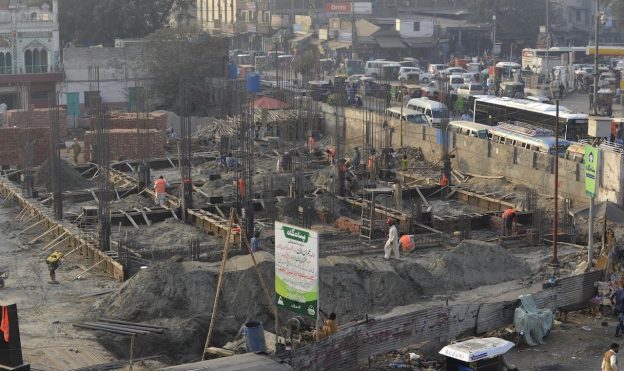It is hard to forget, even for a few moments, that we are living in unprecedented times. From journalists to politicians, to your uncle passing idle lock down hours by forwarding unverified ‘news’ on Whats App, there is no shortage of people reminding us of the present moment’s uncertainty. Not that we need the reminders. With Covid-19 forcefully bringing routine life to a standstill and countries around the world reeling from the economic impact of government-imposed lock downs and business closures, it is clear for anyone to see that we are experiencing history in the making.
Governments in developed countries have tried to step up, announcing various protection schemes to help businesses and people adversely affected by the crisis. But the problem is more acute in countries such as Pakistan, where governments do not have the fiscal space to launch wide-ranging social protection programs. Nonetheless, in an effort to offer some relief, the government of Pakistan has decided on incentivizing construction activity to offset the negative impact of Covid-19 on the economy.
The incentive package was introduced by the President of Pakistan by promulgating the Tax Laws (Amendment) Ordinance 2020 on April 17, 2020. What is novel about this package is that it grants amnesty in exchange for investing money in construction, thus using the money to create employment and generate economic activity. However, one need not have undeclared wealth to benefit from the package. The fixed low rate of tax incentivizes anyone with capital to engage in construction activity.
Former US President Ronald Reagan had once quipped, “the government is the problem… if [the economy] moves, tax it. If it keeps moving, regulate it…” Apparently realizing the same, the government of Pakistan has designed the construction package as an amnesty scheme to spur the private sector into construction by almost eliminating taxation, minimizing regulation and reducing the role of the government. The government hopes that the package will have the intended effect on the value chain and employment.








